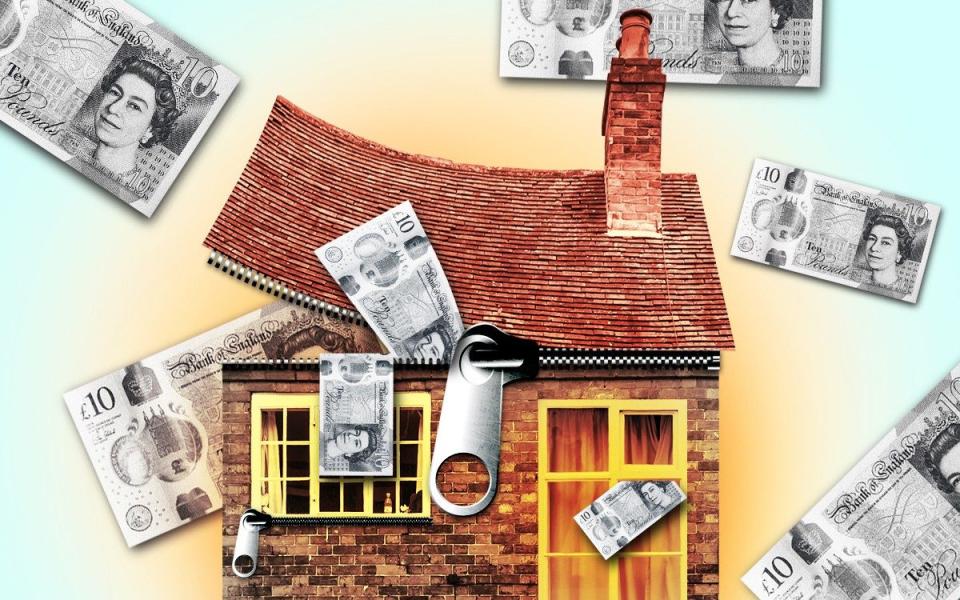Middle-class parents blamed for deepening inequality in Britain

Middle-class homeowners are deepening inequality in Britain by passing down wealth to their children, a leading think tank has claimed.
Parents give away or loan around £17bn to their adult children every year, according to research from the Institute for Fiscal Studies.
Household wealth has boomed in recent decades thanks to a buoyant property market, but passing this down onto the next generation contributes to the nationwide “transmission of inequality”, the IFS said.
The children of university-educated homeowners receive around six times more in gifts during their 20s and early 30s than the children of renters, it found. Most of this money either went towards buying a house or was a wedding gift.
White young adults are three times more likely to receive a substantial gift than Pakistani or Bangladeshi young adults, it said.
Its research showed there was also a significant geographical divide, with those in the South West and South East twice as likely to get financial help from their parents versus those in Scotland, the North West or the North East.
Bee Boileau, of the think tank, said gifts from parents were “very unequally spread”, helping to “pass on inequalities from one generation to the next”.
The research found the average size of gifts and loans were both around £2,000, but the top 10pc of money passed from parents to their children was more than £20,000. The largest 5pc of the transfers made up more than half of the total value of those passed down between 2018 to 2020.
The bottom income quintile of recipients in their 20s and early 30s received just £30 per year in transfers on average, worth 0.5pc of their income. That compared with £790 per year, or 2.6pc of income, for the top quintile.
However, Andrew Tully, of the pensions provider Canada Life, noted that the cost of living crisis could soon reverse this trend, with middle-class families forced to give less.
“Financial support from family members has long been a helping hand for many, including the bank of mum and dad which has played a significant role,” he said.
“However, the cost of living crisis means we may well start to see a reversal of current trends. As inflation continues to soar, families are being forced to make tough financial decisions that could impact themselves and loved ones.”
A squeeze could have a severe impact on first-time buyers, with more than half the value of gifts directed towards either purchasing or improving a property.

 Yahoo Finance
Yahoo Finance 